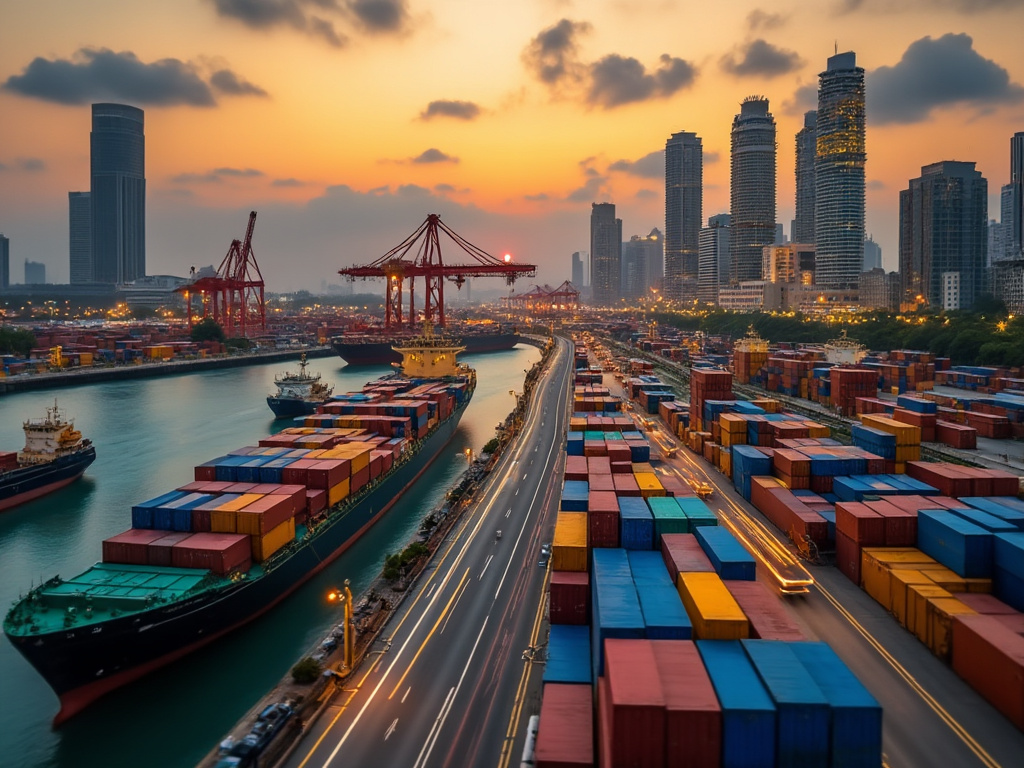President Biden's attendance at ASEAN summit marks a renewed US effort to connect with an increasingly complex diplomatic landscape dominated by China.
As tensions rise across Southeast Asia, President Joe Biden's recent engagement with the region highlights a significant shift in U.S. foreign policy.
For the first time since 2017, Biden attended the annual summit of the Association of Southeast Asian Nations (ASEAN) held in Cambodia, along with plans to meet with Chinese leader Xi Jinping in Indonesia, signifying a complex interplay of cooperation and rivalry in a crucial part of the world.
Historically, the ASEAN bloc has functioned as a neutral zone, with its ten member states striving for consensus and refraining from overt criticism of one another.
This approach has become increasingly difficult as geopolitical rivalries intensify, most notably between the United States and China.
Over the past few years, ASEAN has struggled to maintain its relevance amid a polarized global landscape.
This struggle reflects in its limited capacity to enforce decisions or present a unified front on pressing regional issues, particularly regarding China.
China's assertive foreign policy, particularly under President Xi Jinping, has raised concerns among Southeast Asian nations.
The South China Sea, a critical maritime route, remains a point of contention as China has engaged in the militarization of contested reef islands, bringing it into conflict with countries like Vietnam and the Philippines.
Despite ASEAN's attempts to negotiate a ‘code of conduct’ for the disputed areas, progress has stalled significantly, with China having dismissed a 2016 international court ruling that challenged its expansive territorial claims.
Economically, China has become increasingly crucial for ASEAN countries, many of which depend on trade with their larger neighbor.
Vietnam, for example, has a complex relationship with China, balancing its historical grievances with contemporary economic partnerships.
As China has sought to enhance its influence, smaller states within ASEAN, such as Laos and Cambodia, have become increasingly aligned with Beijing's interests, undermining ASEAN's collective bargaining power.
The United States' engagement in the region has faltered over the years, as Southeast Asian countries have grown disillusioned with Washington’s reliability as a partner.
The U.S. has been criticized for focusing too heavily on human rights and democratic reforms, which has not resonated well with all member states.
Moreover, economic policies following the Asian financial crisis in 1997 led to tensions, with the U.S. imposing unpopular measures that impacted confidence in its commitment to the region.
While the Quad alliance, consisting of the U.S., Japan, India, and Australia, aims to address security concerns regarding China, it has inadvertently sidelined ASEAN, causing member states to feel caught in the crossfire between competing superpowers.
Furthermore, the lack of recent free trade agreements from the U.S. has fostered a belief that Washington has been less invested in fostering economic ties, especially given the region's trade dependencies.
Conversely, China's economic outreach has yielded significant results, including the creation of the Regional Comprehensive Economic Partnership (RCEP), which connects ASEAN with key economies like Japan, South Korea, Australia, and New Zealand.
This has reinforced China’s position as a dominant economic partner in the region.
Despite these challenges, some ASEAN nations continue to engage with both powers cautiously.
Indonesia, the largest nation in ASEAN and known for its skeptical stance on China, has actively sought Chinese investments and partnerships, further illustrating the complex diplomatic balancing act within the region.
Amid these dynamics, the U.S. administration faces critical questions regarding its ability to reshape alliances and build trust within Southeast Asia, a region increasingly seen as a critical buffer against Chinese hegemony.






























